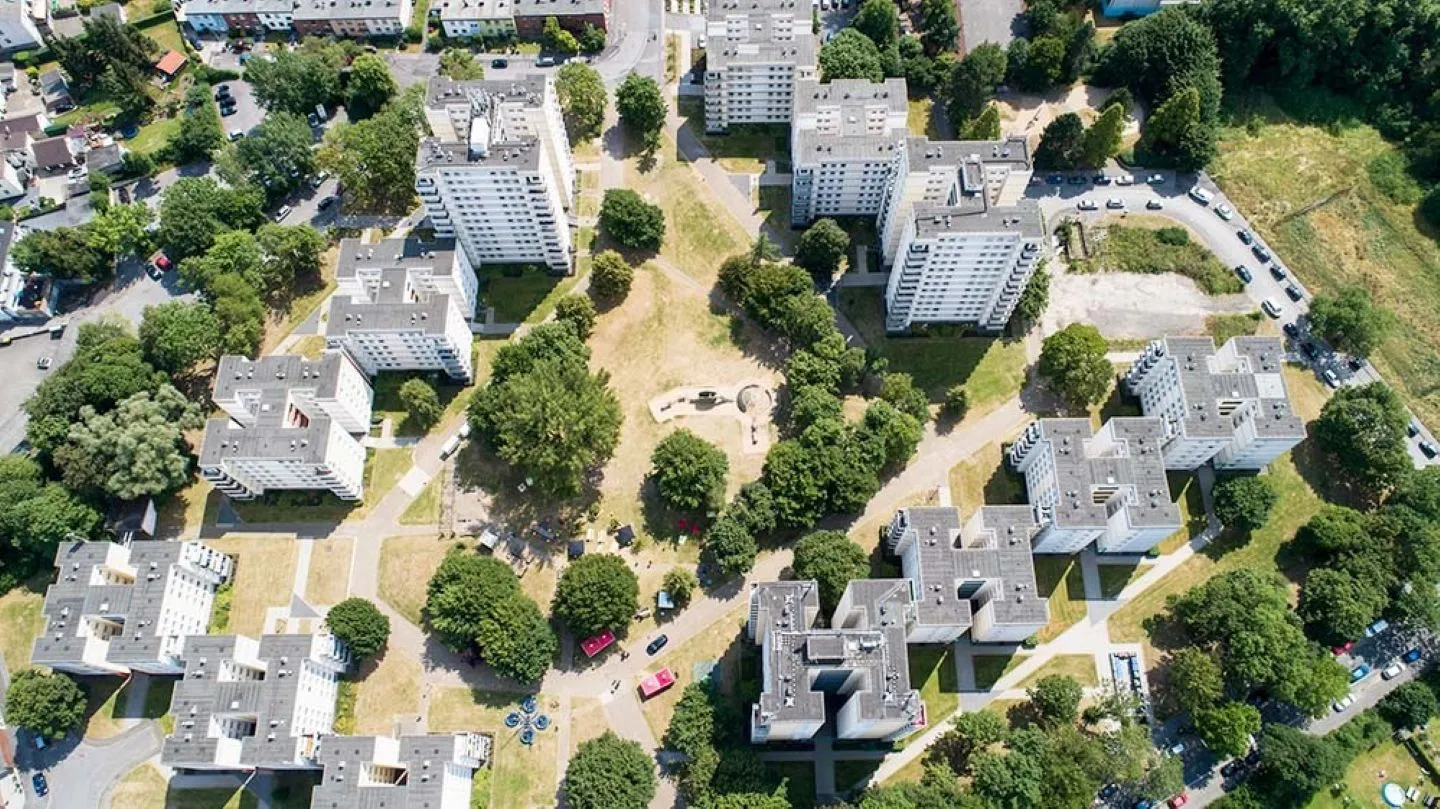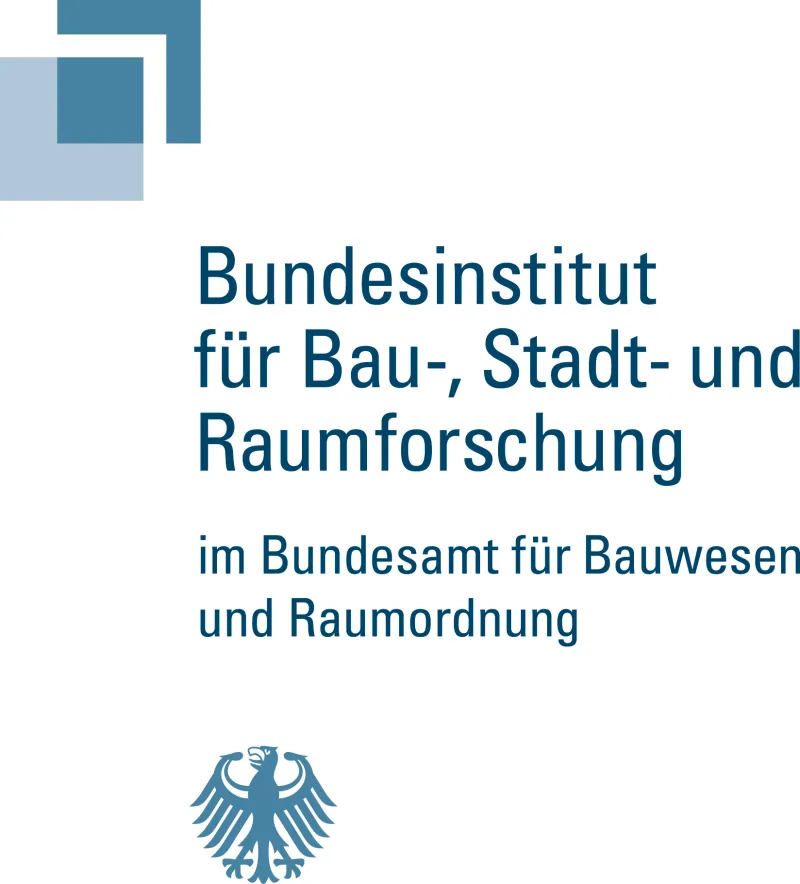BQ-LCA - Life cycle analyses of measures for ecologically oriented and socially compatible development of housing estates from the 1950s to the 1970s

- Prof. Dipl.-Ing. Tim Rieniets, Institute for Design and Urban Planning, Faculty of Architecture and Landscape, Leibniz Universität Hannover
- Prof Taco Holthuizen, eZeit Analytics GmbH
The construction sector faces the challenge of creating affordable housing while at the same time meeting environmental goals such as resource conservation, reduction of land sealing, climate impact adaptation and reduction of greenhouse gas emissions. There is a particular need for action in post-war housing estates, as there is potential for savings in heating energy requirements due to the low structural and technical standards. In addition, the typical urban structures allow for redensification. In addition, the development of existing buildings is considered more sustainable than the development of new buildings.
Building on the Q-LCA research project, this research determines CO₂ emissions and other effects. Three strategies are analysed: (i) refurbishment, (ii) refurbishment/structural adaptation and (iii) demolition/replacement construction. In addition to building construction, infrastructure (roads, car parks, sewage systems) and energy supply systems are also taken into account.
The holistic approach expands the existing basic research on energy consumption and CO₂ emissions in building construction and civil engineering measures, extends it to existing housing estates and determines the marginal benefits and costs for various ecological transformation strategies. In addition, the research gaps identified in the Q-LCA project will be closed and supplemented by specific aspects of existing development. The target groups are local authorities, project development, energy supply companies, planning and the housing industry.



